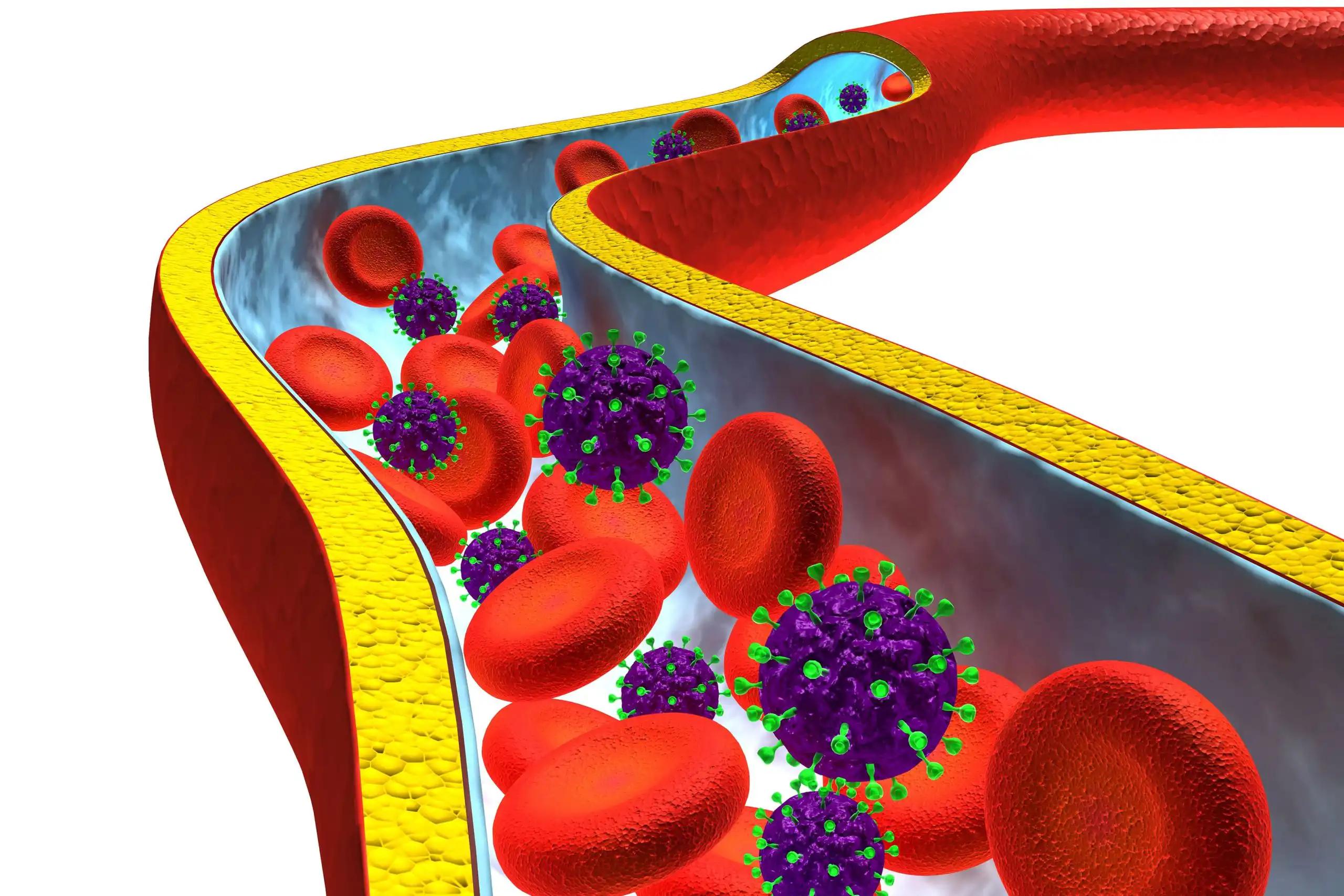KEY TAKEAWAYS
- The study aimed to explore the causal link between BMI and female reproductive system tumors.
- Researchers stated high BMI is linked to higher risk of various female reproductive tumors.
A strong association between body mass index (BMI) and female reproductive system tumors has been observed. However, the causal relationship between these variables remains uncertain.
Xi-Ya Jiang and the team aimed to clarify the causal correlation between BMI and female reproductive system tumors using Mendelian randomization (MR) techniques.
They sourced genetic data on BMI from a large genome-wide association study with 339,224 participants. To explore genetic links with 5 common female reproductive system tumors, researchers used data from the FinnGen study, UK Biobank, and other major research consortia. This approach helped gather relevant genetic associations for a comprehensive analysis.
The results showed that genetic predisposition to BMI shows a notable association with various female reproductive system tumors. For every 1-unit increase in BMI, the odds ratio (OR) for breast cancer ranged from 0.661 to 0.996 (95% CI, 0.544-1.000, P < 0.05). For ER-positive breast cancer, the OR was between 0.782 and 0.844 (95% CI, 0.616-0.994, P < 0.05), and for ER-negative breast cancer, it ranged from 0.663 to 0.789 (95% CI: 0.498-0.991, P < 0.05).
The ORs for other cancers were endometrial carcinoma 1.577-1.908 (95% CI, 1.049-2.371, P < 0.05), high-grade serous ovarian cancer 1.216-1.303 (95% CI, 1.021-1.591, P < 0.05), low-grade malignant serous ovarian cancer 1.217 (95% CI, 1.034-1.432, P < 0.05) and endometrioid ovarian carcinoma 1.502 (95% CI, 1.112-2.029, P < 0.05). There was no causal relation found between BMI and uterine fibroids, cervical precancerous lesions, or cervical cancer.
The study concluded that a high BMI is genetically associated with an increased risk of developing various female reproductive system tumors and their subtypes, highlighting the need for preventive measures in women with elevated BMI.
The study was funded by the Natural Science Foundation of Higher Education Institutions of Anhui, The Research fund project of Anhui Medical University, and the Applied Medicine Research Project of Hefei Health Commission.
Source: https://pubmed.ncbi.nlm.nih.gov/39161322/
Jiang X. Y., Zheng L., Xiong M., et al. (2024). “Body Mass Index and Risk of Female Reproductive System Tumors Subtypes: A Meta-Analysis Using Mendelian Randomization.” Technology in cancer research & treatment, 23, 15330338241277699. https://doi.org/10.1177/15330338241277699



